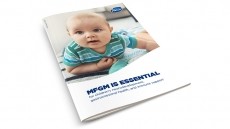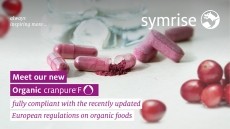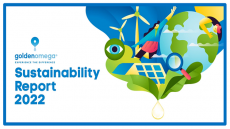Oats and soya drive healthy non-dairy market in Nordic countries
using healthy ingredients like oats and soya, says Organic Monitor,
and marketers are responding to consumer health awareness by
repositioning products as functional foods.
According to the new report The Nordic Market for Dairy Alternatives, Organic Monitor says that some companies, such as Ceba Foods are investing as much as 10 per cent of their annual turnover in research and development. Ceba is said to have been the first company to launch a pasteurised oat drink as an alternative to fresh milk. Organic Monitor declined to disclose the value of the Nordic dairy alternatives market to NutraIgredients.com, but it said that the two leading Nordic markets for dairy alternatives are Sweden and Finland. Sweden's position is said to be predicated on being the only country where oat drinks are the preferred dairy alternative. In other countries soya products have captured a larger sector of the market – but the absence of soya is one of the marketing angles employed by Ceba for its Oatly brand. Oats have been well-researched for their heart health benefits; they are a good source of cholesterol-lowering beta-glucan. Moreover, oats score low on the glycaemic index, helping to maintain consistent blood sugar levels and avoid peaks and troughs. Both Ceba and soya product maker Alpro refer to health benefits of their products in their marketing materials and websites. In Finland, Ceba's Oatly carried an approved heart-friendly symbol; in Seden it bears a green symbol representing good health and nutrition. In so far as the European regulatory landscape on health and nutrition claims, Organic Monitor is not expecting this to have an impact on the claims being made by dairy alternatives. A spokesperson said that since the soya products have been available on the European market for 20 years but it is only in the last three that they been able to be marketed on a health platform, the science is strong enough and recent enough for re-evaluation under the new legislation to be unlikely. Interestingly, the Danish were seen to largely avoid dairy alternatives. This is attributed to Danes' support of their dairy industry; Denmark is home to dairy giant Arla. However Organic Monitor expects that this may change in coming years, as incidence of lactose intolerance increase in Denmark and in Norway, the other Nordic market where dairy replacement market it presently small.










